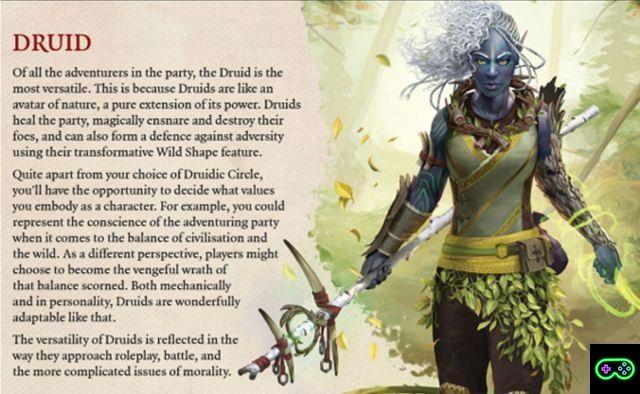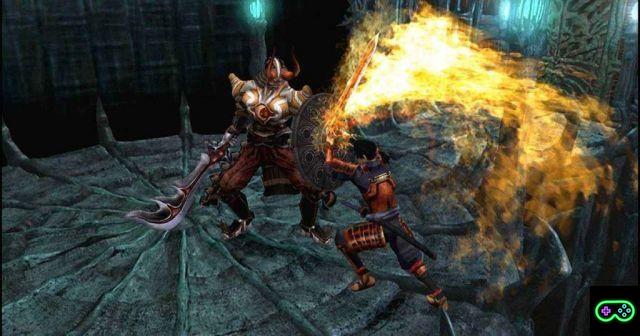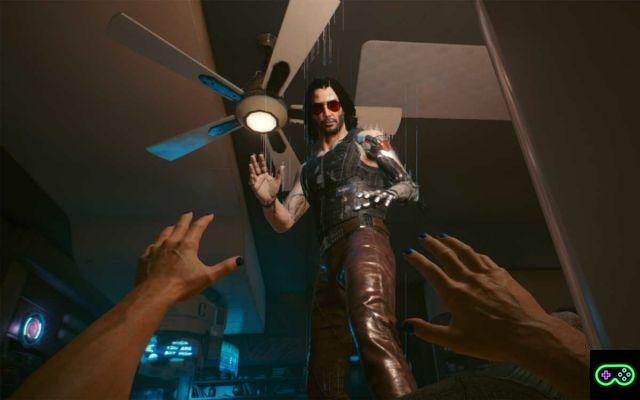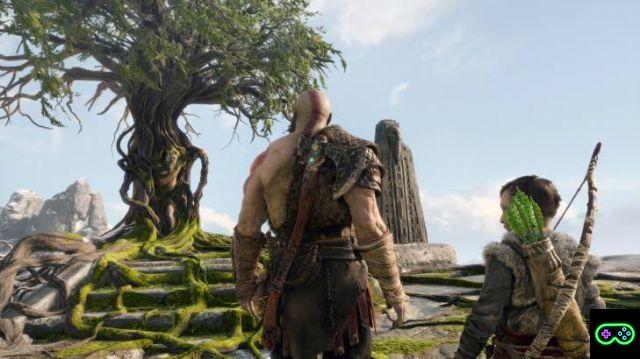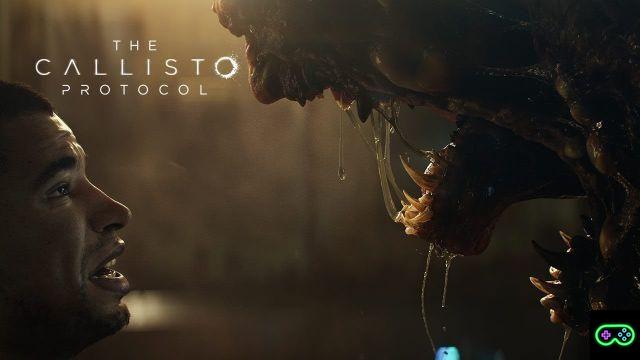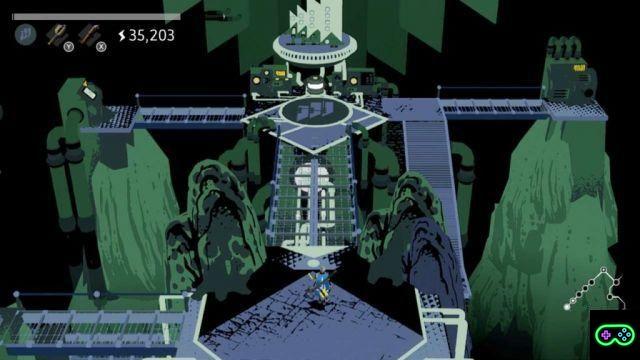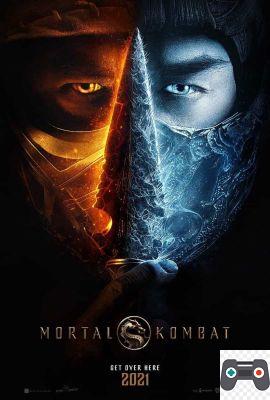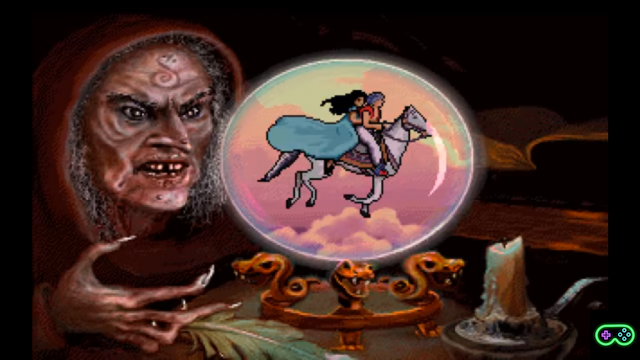
Review by Gianluca “DottorKillex” Arena
When it comes to role-playing games of Japanese matrix, in the Rising Sun only Dragon Quest and Final Fantasy can boast a greater following of the Tales of series by Namco Bandai: numbers in hand, we are talking about one of the most successful brands of the last twenty 'years, which has maintained a very high average quality level, regardless of the various platforms that have hosted the various episodes.
Perhaps also for this reason Tales of Zestiria was liked but without warming the hearts of fans too much: despite the development has started also in this case on PS3, Tales of Berseria comes to decidedly straighten the shot, proposing themes and plots aimed at an audience apparently more mature, accompanied by a series of mechanics that have already been tried and tested.
These are the ingredients: let's see how the final cocktail came together.
Revenge, terrible revenge
Tales of Berseria is an apple from the same basket as Zestiria, but it tastes completely different: if the title released in 2015 put the player in the shoes of the savior of humanity, a spotless hero who fought fiercely against evil, this latter effort by Namco Bandai instead places him in the much more uncomfortable role of Velvet Crow, a girl who has lost everything and intends to take revenge on the person she holds responsible for her countless misfortunes.
After a prologue in which we are shown a glimpse of Velvet's daily life, his younger brother Laphicet and their brother-in-law Artorius, all orphans of Celica, the latter's wife and older sister of the two boys, the turning point will come overnight. scarlet, with the sky soaked in blood, when the swordsman will sacrifice the life of the little Laphicet for his own purposes, right before the terrified eyes of Velvet.
In a vain attempt to save her brother, the anti-heroine of the game will contract the demonite, a plague that is rapidly spreading in the kingdom of Midgand and that transforms humans into bloodthirsty beasts, which attack any living form on sight.
The player will once again gain control of Velvet in the stinking dungeons of Titania, a penitentiary island where she was locked up for three years, during which time she ate nothing but her fellowmen, through her monstrous demonic arm, capable of absorbing the vital energy of men, demons and malak.
Velvet will make the most of the unexpected help received in these circumstances, also freeing all the other inmates so as to divert the attention of the exorcists on guard and run away, in the company of Magilou, an irritating and subtle witch, and Rokurou, a samurai. which immediately demonstrates a strong sense of loyalty.
With these premises, Tales of Berseria will go down in history not only as the first chapter of the series that allows you to play a female hero, but also as one of the darkest, most violent and bitter episodes of the franchise, although, progressing along the main storyline there will be typical traits of the series, including much lighter moments, funny jokes and situations bordering on paradoxical.
The intent of the team of writers seems to be to distance themselves from the canons of Zestiria, with which Berseria also shares the game universe, and the result can be said to be brilliantly achieved, thanks to a weave knotted around emotions such as selfishness, anger and hatred and a cast of over-the-top characters, very far from the stereotypes of the genre.
A new way to fight
The game system, mostly unchanged compared to the previous episode, however, sees a new balance of the combat system, which is configured as an evolution of the one seen in Zestiria, with welcome additions that make it even more dynamic and add a certain strategic depth. .
At the center of the fights there is now the Soul Bar, an element to constantly keep an eye on during the battles: you can start fights with a number of Souls varying from two to four, depending on the initial conditions of the fight.
If the player manages to take an enemy by surprise, he will start with four souls, while, in the opposite case, he will have to be satisfied with only two, while regular clashes will guarantee three souls: these are fundamental because, in the absence of a mana bar, they represent the reservoir from which to draw for all the moves, whether they are Mystical or Martial Arts (respectively magical and physical).
As in Zestiria, therefore, it is not possible to attack without interruption, because button mashing pays only in the simplest clashes: or better, technically, differently from the prequel, it would also be possible but the shots thrown with the bar empty will be much weaker, with a high risk of missing the target or seeing them blocked by the enemy.
It will be enough to wait a few seconds, or better still parry a couple of opponent's shots (the key used for the parry is L1) to see the bar recharge, and thus start hammering the enemies again.
Additionally, the number of souls you start a fight with can be increased in various ways, including repeatedly hitting enemies' elemental weaknesses, causing them to altered status or stunning them, but the same rules apply to the party as well, so it's a good idea. equip yourself with special equipment and use the parade intelligently.
Two special attacks are then possible, by pressing the L2 and R2 keys, of different intensity and strategically relevant: the first, possible only to fill a meter that takes into account the damage inflicted and suffered, is capable of further prolonging the already very long strings. of combos that can be chained, but it is the second, the Breakthrough Soul, the one that can really turn the tide of a fight.
If in possession of at least three souls, the player can invoke this powerful attack, which, in addition to inflicting very substantial damage throughout its (short) duration, also offers other side effects on which the player can affect, such as the progressive regeneration of the life points of whoever threw it, an increased number of experience points at the end of the battle or a high possibility of inflicting altered status on the enemy hit, just to name a few examples.
In addition to weighing the possible combinations, the player will also have to evaluate how and when to use this attack, because every time he invokes the Breakthrough Soul it yields a soul to the target: it therefore appears evident that it is not the case to abuse it, and that, especially during the boss fights, the strategic depth of the combat system benefits.
Except for a purely textual minigame that involves a ship to be sent out for exploration in unknown territories, useful more than anything else to replenish the player's coffers, the structure of the product slavishly follows that of the previous chapter, with all that follows.
Exploration plays an increasingly less predominant role, given the small size of the maps and the flatness of the design of dungeons and areas outside the towns, and, as is traditional for the latest episodes of the franchise, the player's control over the growth system of the party members is very limited, with a view to spending as little time as possible in the game menus in order to favor the narration, and, above all, the energetic combat system.
Well, but not very well
The analysis of the technical aspect of Tales of Berseria can only be twofold, depending on whether you compare it with other role-playing games seen on PS4 or with the Tales of previously released, starting with Zestiria.
In the first case, it would be dissatisfaction to take over: despite an excellent artistic direction and an intelligent use of cel shading, which covers the flaws of some surface textures in low resolution, Berseria evidently appears to be the son of the old generation of consoles, with slightly woody animations, maps limited in their extent and unconvincing facial expressions.
Beyond the promises of titles such as Horizon Zero Dawn, in short, the comparison with many RPGs already available on the Sony flagship (such as Thw Witcher 3) is merciless for the Namco Bandai product.
From another point of view, however, by comparing this title with Zestiria, we can see progress in terms of polygonal modeling, of the camera, now much less of a hindrance in indoor fights, and of the stability of the framerate, much closer. at 60 fps stable compared to the recent past.
From many points of view, therefore, we are faced with the most beautiful Tales of ever to see, and we are sincerely curious to see, starting from the next chapters, what developers will be able to do without the ballast represented by development on Playstation 3 .
The soundtrack, on the other hand, convinced us less, more for the comparison with the excellences of the past than for its own demerits: the dubbing is in fact of excellent quality, both in the Japanese track and in the English one, but we have not listened to pieces capable of remaining printed with the console off, as was often the case with some of the previous works of Sakuraba-san, historical composer of the series.
As per tradition for the series, then, the overall longevity is very satisfactory: dedicating ourselves only to some secondary missions for reasons of time, we completed the title in just over forty hours, but the multitude of options for those who want to extend their time in Midgand it allows you to add at least another fifteen to twenty hours to the count.
Final comment
With Tales of Berseria Namco Bandai manages to give continuity to the project started with Zestiria and, at the same time, to improve some of the critical issues, such as the slightly insipid narrative and the reeling camera.
The result is a JRPG that, while fully adhering to the classic canons of the series as regards battle system, rhythm and balance between dialogic and playful phases, manages to stand out thanks to a cast of characters very different from the usual, led by a fought, human protagonist. as never before, among the best that the long-lived saga has seen so far.
It is therefore a product with two faces, which dares little from the point of view of game mechanics and yet enjoys making fun of the expectations of the public from the narrative one, and which, on the whole, is still more pleasant than its immediate predecessor.
In consideration of this, all those who do not disdain a classic role-playing game, with all the trappings that characterize the genre, should at least give it a thought.




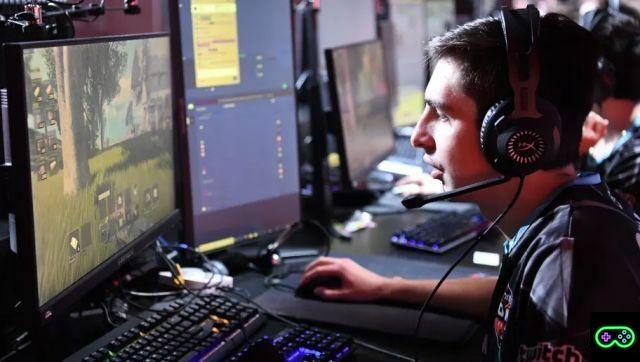
![[The Bear's Lair] God of War: Betrayal and Greek mythology](/images/posts/17432d3b12ecfec44b0b855d20c7520f-0.jpg)



